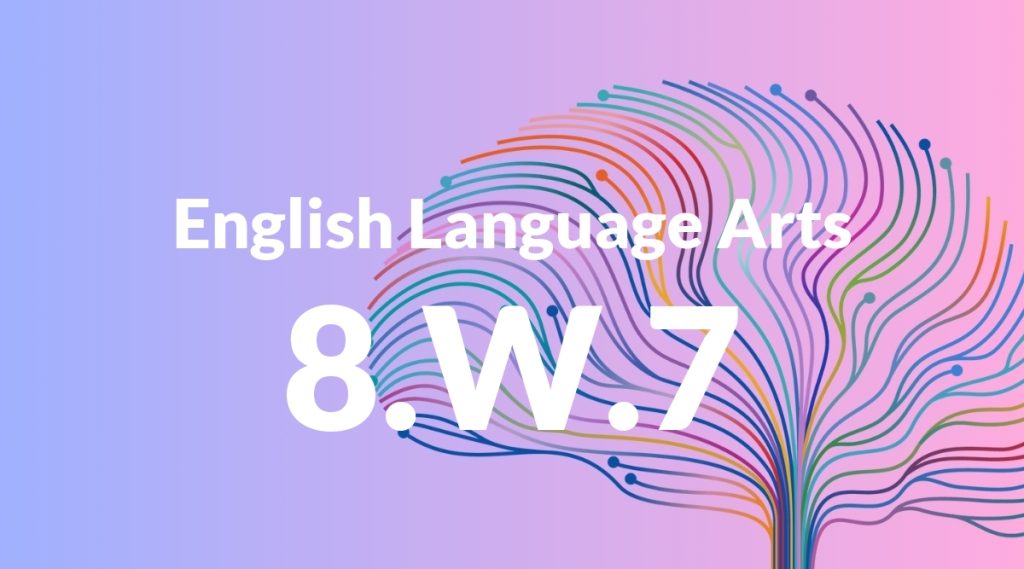Standard: 8.W.7 – Conduct short research projects to answer a question (including a self-generated question), drawing on several sources and generating additional related, focused questions that allow for multiple avenues of exploration.
Grade level: Grade 8
Subject: English Language Arts
Domain: Writing
Teacher Overview
This standard emphasizes the importance of conducting research to answer questions. It helps students develop critical thinking and inquiry skills, which are essential for academic success and informed citizenship. Students should be able to identify credible sources, take notes, and summarize information. They should also be comfortable formulating simple research questions.
After mastering this standard, students will be able to conduct in-depth research projects, critically evaluate sources, and present their findings in a coherent and persuasive manner.
Common Misconception 1
Some students may think that all sources are equally reliable. This is incorrect because sources vary in credibility based on factors like authorship, publication date, and the presence of citations.
Intervention 1
To address this misconception, teach students to critically evaluate sources by examining the author’s credentials, the publication date, and whether the source includes citations from other reputable works.
Common Misconception 2
Another common misconception is that one source is enough for comprehensive research. This is incorrect because relying on a single source can lead to biased or incomplete understanding.
Intervention 2
Encourage students to use multiple sources to gather diverse perspectives and ensure a more thorough understanding of the topic. Provide examples of how different sources can complement each other.
Prerequisite Knowledge
Students should be familiar with basic research skills, including identifying credible sources, note-taking, and summarizing information. They should also have experience with formulating simple research questions.
Subsequent Knowledge
Students will develop advanced research skills, including evaluating sources for bias, synthesizing information from multiple perspectives, and presenting their findings in a coherent and persuasive manner.
Instructional Activities
- Group research projects on current events.
- Individual research assignments on historical figures.
- Class discussions on evaluating source credibility.
- Workshops on formulating and refining research questions.
- Presentations of research findings to the class.




